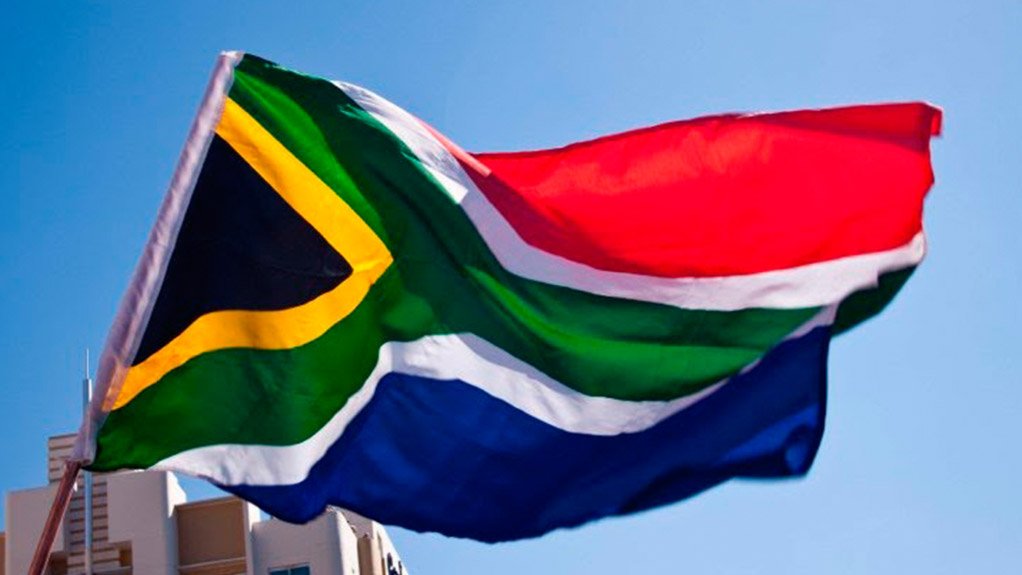/ MEDIA STATEMENT / The content on this page is not written by Polity.org.za, but is supplied by third parties. This content does not constitute news reporting by Polity.org.za.
At its core, the International Women's Day on 8 March has been marked by the United Nations as a day to celebrate women's achievements. However, on this day in South Africa, the theme of this year ‘Women in leadership: Achieving an equal future in a COVID-19 World’ calls more for a radical change in gender equity policy direction than for a celebration. This is because of SA’s sharply skewed leadership profile when viewed through the lenses of employment equity, the government’s modest policy enthusiasm in tackling gender inequality and gender based violence, and the COVID-19 pandemic.
According to the Department of Employment and Labour’s latest Employment Equity Report ( the 20th Commission for Employment Equity Annual Report 2019/20), the percentage of males in Top Management positions is nearly three times that of females, at 75,6% and 24,4% respectively; while the ratio of males in Senior Management positions is nearly double that of female incumbents at 64,7% compared to 35,3%. The slow pace of closing the gap between professionally qualified females and their male counterparts in nearly two decades from 2001 to 2019 by a marginal upward movement to 46,9% from 38%, also calls for a fundamental policy rethink as shown by the same Report.
National Income Dynamics Study - Coronavirus Rapid Mobile Survey (NIDS-CRAM) of the socioeconomic impacts of the COVID-19 pandemic also paint an equally skewed picture, showing that women made up two thirds of more than 2 million jobs lost over the lockdown months, the greater proportion of people that had run out money to buy food and on whom children were dependent for survival.
Gender vulnerability is still staked against women in the context of COVID-19 risk factors such as living in a crowded dwelling; dependence on public health care facilities; reliance on public transport; existing health conditions; and access to medical aid that have been identified by the Gauteng City-Region Observatory’s Quality of Life Survey. The same survey shows that more women, 49% compared to 43% of men rely on public modes of transport such as minibus taxis. Worldwide, the World Health Organization has shown that up to 70% of frontline workers in the fight against the COVID-19 pandemic are women.
Issued by FEDUSA
EMAIL THIS ARTICLE SAVE THIS ARTICLE ARTICLE ENQUIRY
To subscribe email subscriptions@creamermedia.co.za or click here
To advertise email advertising@creamermedia.co.za or click here











